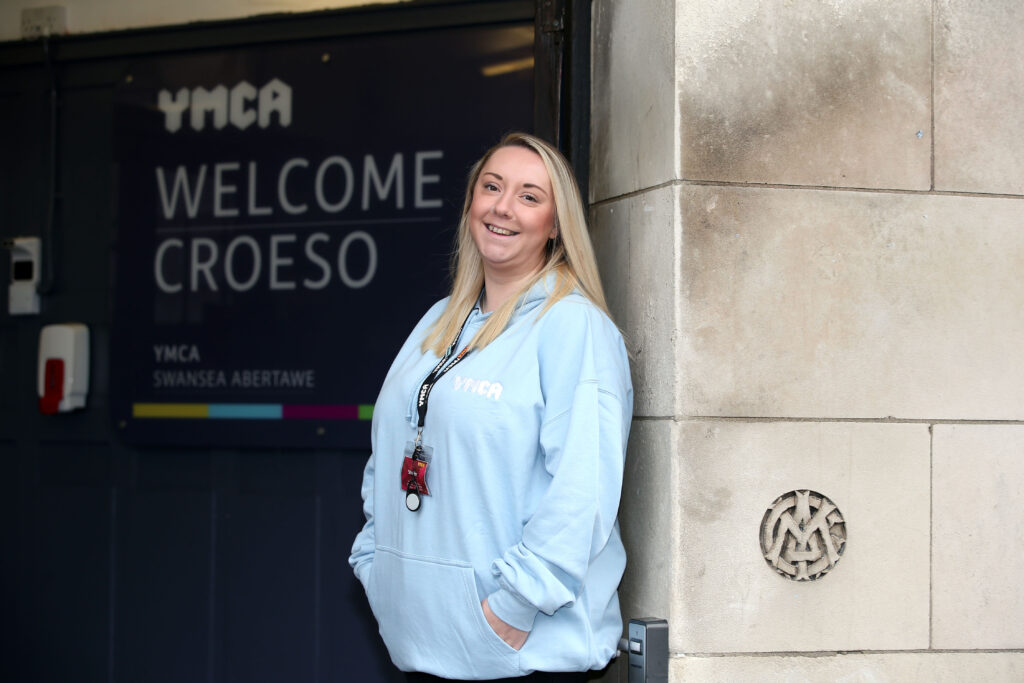Housing support workers at YMCA play a crucial role in helping vulnerable individuals rebuild their lives.
Whether supporting people experiencing homelessness, young people and those facing complex personal challenges, these professionals provide vital assistance that enables individuals to regain stability and work towards independence.
This career is not only deeply rewarding but also offers an opportunity to make a meaningful impact within the local community. By combining practical guidance with emotional support, housing support workers empower residents to develop essential life skills and access the services they need to thrive.
Responsibilities of a Housing Support Worker
Housing support workers take on a variety of responsibilities aimed at helping individuals navigate the challenges of independent living. Some of the core duties include:
- Helping residents develop independent living skills: Support workers assist residents in learning essential skills such as budgeting, cooking, cleaning, and time management to help them transition to independent living successfully.
- Managing accommodation needs: This includes supporting individuals in maintaining their tenancy, understanding their rights and responsibilities as tenants, and liaising with landlords or housing associations when necessary.
- Accessing support services: Housing support workers help residents connect with additional services, including mental health support, financial advice, job training, and educational opportunities.
- Building trust and providing emotional support: Establishing a safe and trusting environment is crucial. While offering guidance, support workers must maintain professional boundaries to ensure a healthy working relationship.
- Ensuring safeguarding and confidentiality: Understanding safeguarding policies is essential in this role. Support workers must protect residents from harm while respecting their right to privacy and confidentiality.

Essential Skills for a Housing Support Worker
Being an effective housing support worker requires a combination of practical skills and personal attributes. Some of the key skills include:
- The ability to listen, empathise, and convey information clearly is essential when working with residents and liaising with external agencies.
- Support workers often encounter challenging situations and must be able to manage stress and maintain a positive outlook.
- Residents may face a variety of obstacles, and support workers must be able to think on their feet and provide practical solutions.
- Managing multiple cases, coordinating appointments, and keeping accurate records all require strong organisational abilities.
- Knowing how to handle sensitive situations while protecting residents’ rights is crucial to the role.
Qualifications & Training Requirements
While formal qualifications can be beneficial, personal qualities and experience are equally valuable for a career in housing support. Some relevant qualifications include:
- Level 2 or 3 Diplomas in Health and Social Care
- Certificates in Housing Practice (offered by the Chartered Institute of Housing)
- Social Work or Youth Work qualifications
- NVQs in Supported Housing or related fields
However, many organisations, including the YMCA, place a strong emphasis on hands-on experience. Volunteering or working in similar support roles can be an excellent pathway into the profession. Additionally, ongoing training opportunities are available to help support workers develop their skills and advance their careers.
YMCA’s Approach to Housing Support

At YMCA Nottingham, we provide supported accommodation across Nottinghamshire and East Riding, offering transitional homes for individuals in need. Our housing support workers play an integral role in guiding residents through their journey to independence.
Our approach includes:
- Individualised support plans: Tailoring support to meet each resident’s unique needs, ensuring they receive the right level of guidance and assistance.
- Holistic support: Addressing not just housing needs but also mental well-being, employment opportunities, and social development.
- Transitional housing: Providing structured accommodation that helps residents gradually gain the confidence to live independently.
- A community-focused approach: Encouraging residents to engage with local services, build relationships, and integrate into their communities.
How to apply for a Housing Support Role at YMCA Robin Hood Group
If you are passionate about making a difference in people’s lives and believe you have the skills and qualities needed to be a housing support worker, we encourage you to apply for a role at YMCA Robin Hood Group.
Steps to Apply:
- Visit our website: Check our current vacancies and read more about the roles available.
- Highlight relevant experience, qualifications, and personal qualities that make you suited for the role.
- Submit your application: Follow the instructions on our website to apply online.
- If shortlisted, you will be invited to an interview where you can discuss your skills, experience, and motivation for joining our team.
Becoming a housing support worker is a deeply fulfilling career that allows you to make a tangible difference in the lives of vulnerable individuals. By balancing practical support with emotional guidance, support workers help residents regain stability and work towards independence. We are committed to providing high-quality supported accommodation and ensuring our team members have the resources and training needed to excel in their roles.
